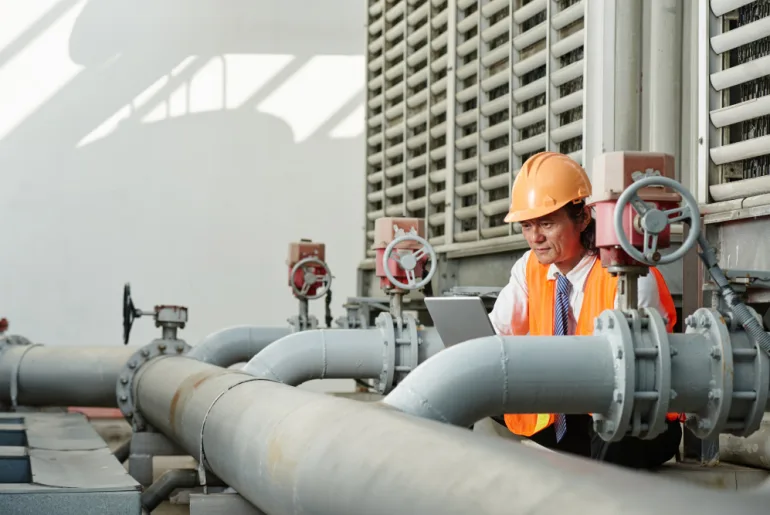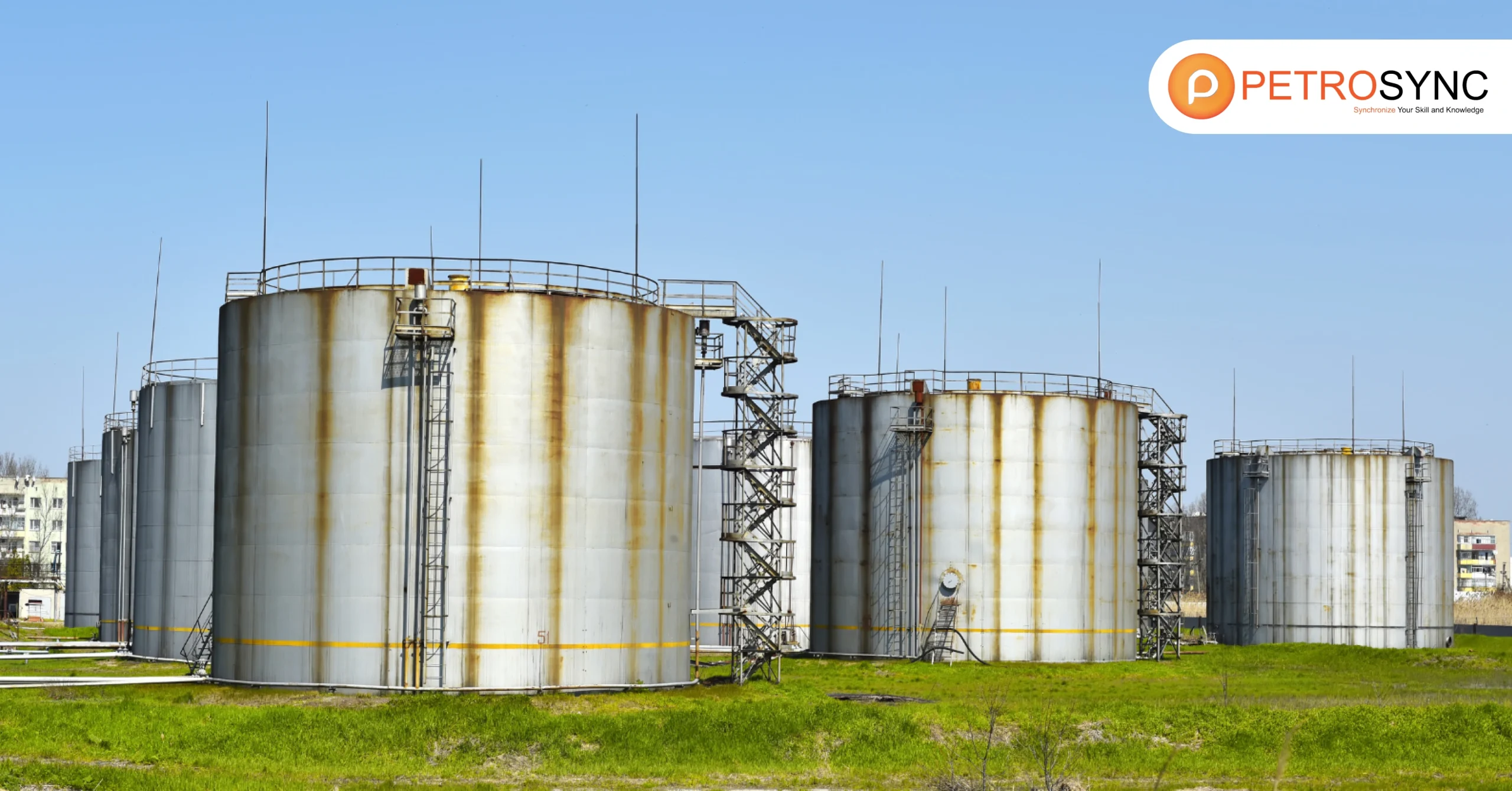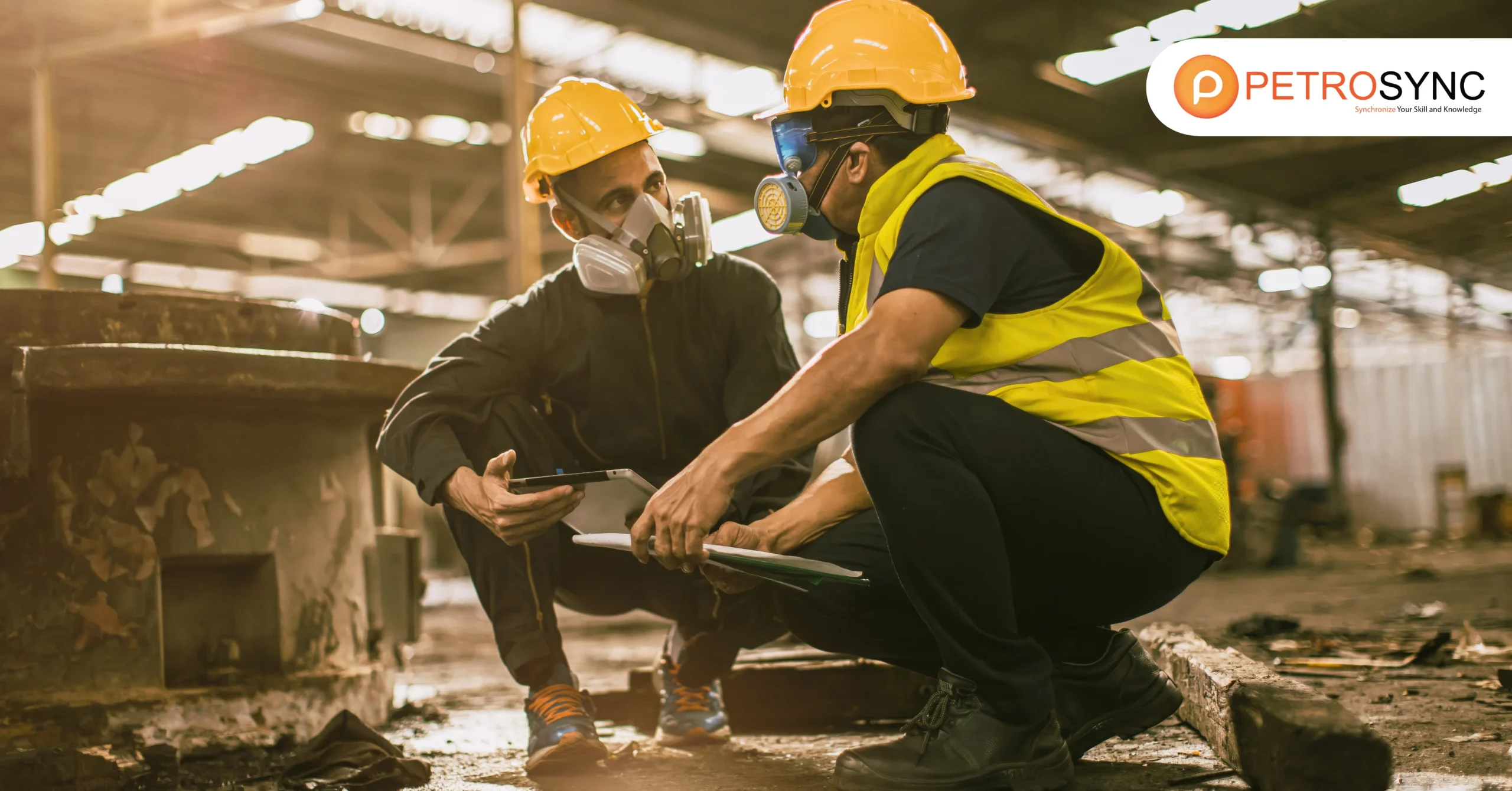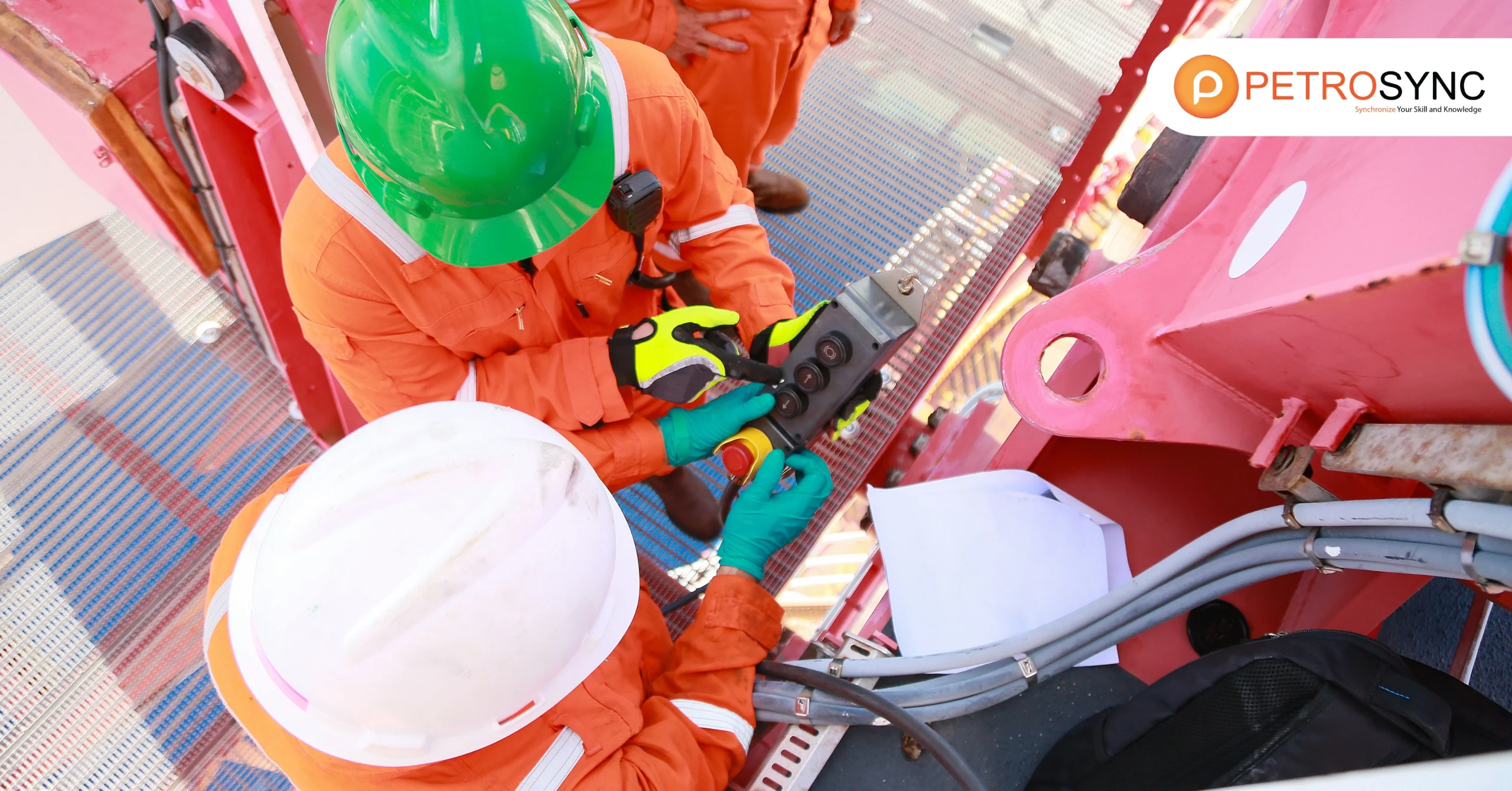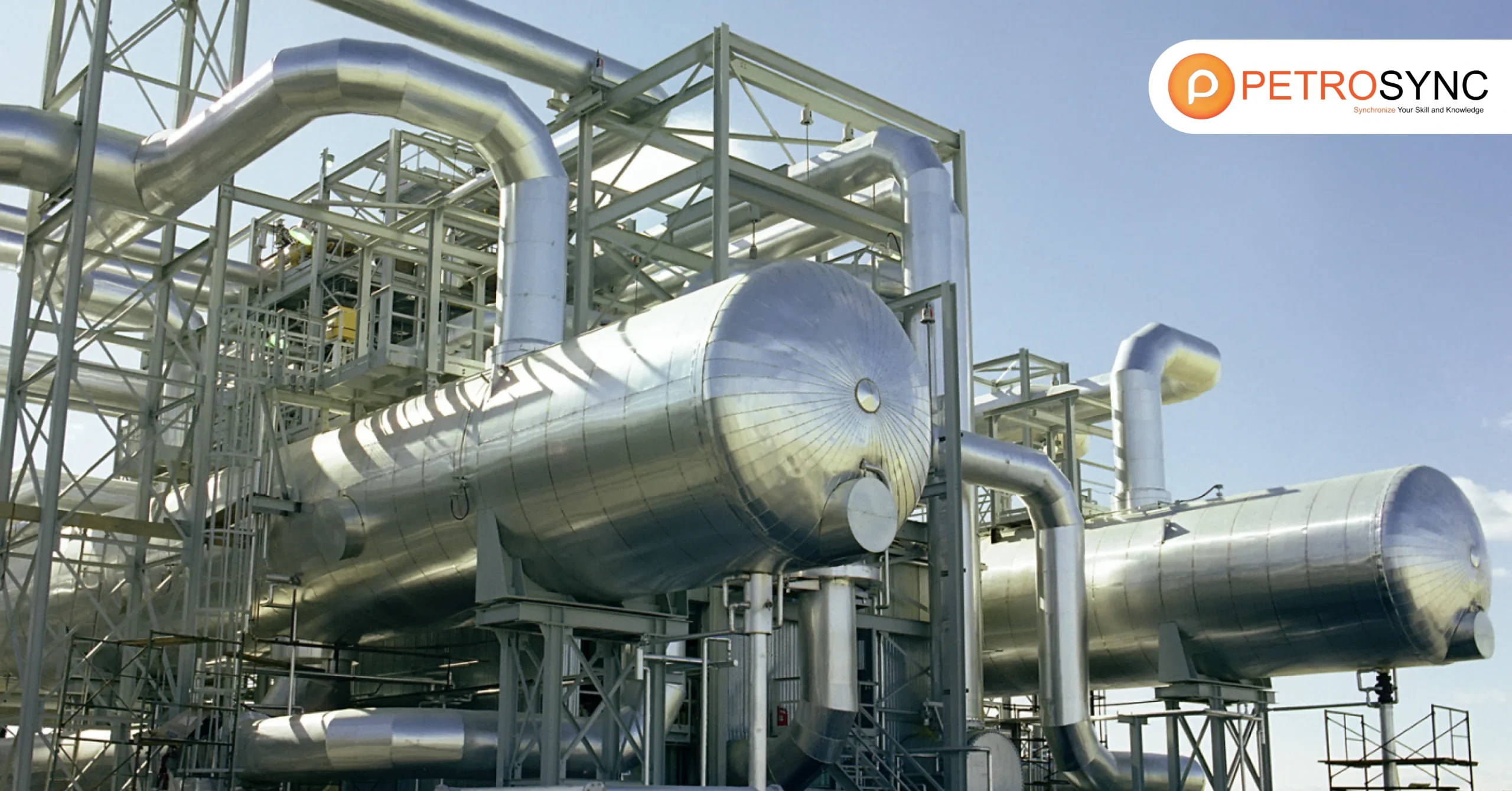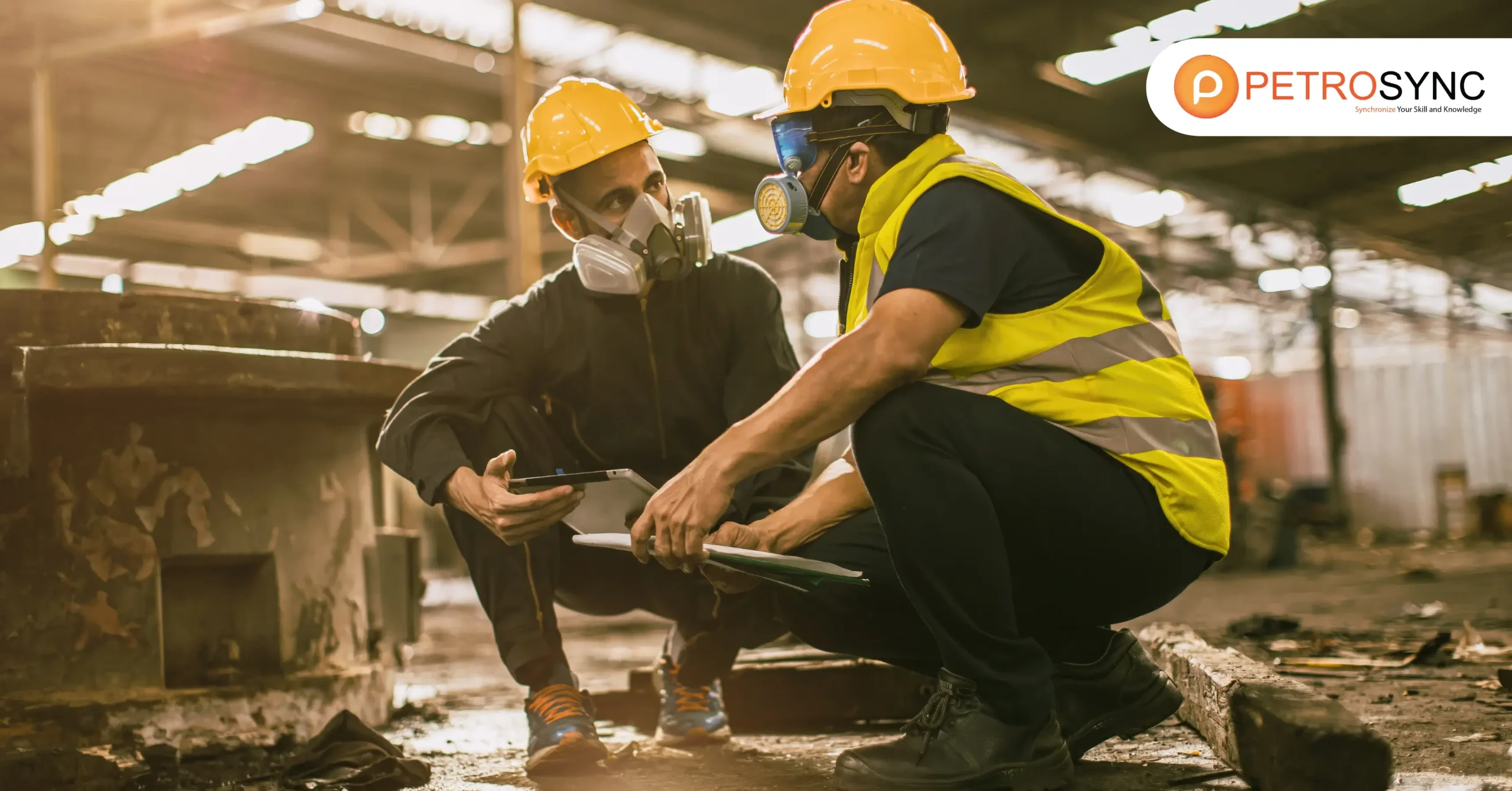The Piping Inspection Code 570 by the American Petroleum Institute (API), which focuses on the inspection, repair, alteration, and rerating of piping systems in operation, enjoys global recognition and widespread confidence. As a result, any engineers holding API 570 Piping…
API 570 performs a pivotal characteristic in the oil and fuel corporation as a trend for the in-service inspection of piping systems. For plant managers, senior engineers, and decision-makers, analyzing this cutting-edge is integral for keeping asset reliability, minimizing downtime,…
API 936 provides essential standards for the proper installation, inspection, and testing of refractory materials in high-temperature industries. Sectors like oil and gas, petrochemical, and power generation rely heavily on refractory linings to protect critical equipment from extreme heat, chemical…
API 653 serves as the globally accepted standard for ensuring the safety, reliability, and integrity of aboveground storage tanks (ASTs) in the petrochemical industry. Given the critical role these tanks play in storing hazardous and non-hazardous materials from various production…
Knowledge of effective tank inspection and maintenance is critical in the demanding industries of oil and gas, petrochemicals, and energy. The API 653 course provides critical training, educating professionals with the skills and knowledge needed to undertake tank inspections in…
In the competitive oil and gas business, quality control in refractory installations is not an option; it is required. API 936 is a crucial certification that demonstrates a professional’s competence to properly manage and oversee refractory operations. With rising expectations…
The oil, gas, and petrochemical industries rely significantly on pressure vessel to operate safely. Professionals having an API 510 certification are highly recognized in these industries since it confirms their experience in inspecting, repairing, and maintaining pressure vessels in accordance…
Why is API Certification a crucial standard for safety, quality, and operational excellence in the oil and gas industry? This globally recognized certification not only ensures compliance with industry regulations but also fosters trust and reliability, paving the way for…
API 510 plays a critical role in ensuring the safety and integrity of pressure vessel used across the oil and gas, and petrochemical industries. These industries depend on high-pressure systems, where even minor failures can lead to serious risks, operational…
In the highly specialized sectors of oil, gas, petrochemicals, and energy, being current on industry trends is critical to success. Obtaining recognized certifications such as API (American Petroleum Institute) can be transformative for people seeking technical excellence and career progress.…

